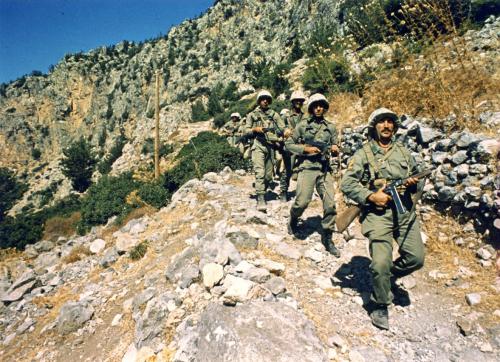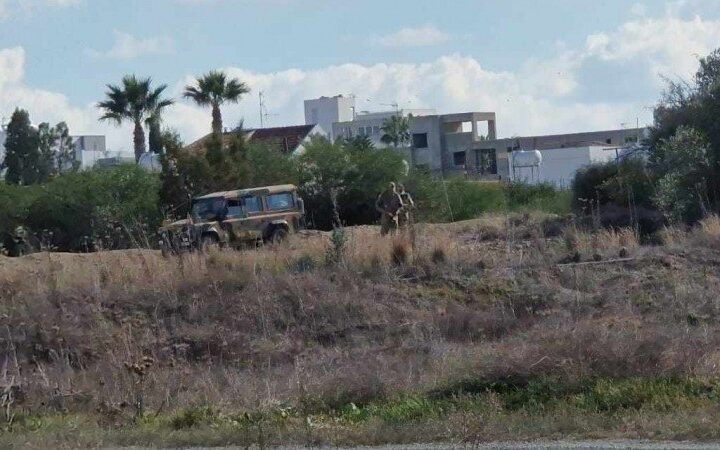Forty-six years ago to this day the Turkish military launched its second offensive against Cyprus breaking a ceasefire that had been agreed in 1974.
The Turkish army invaded Cyprus on July 20, 1974, and launched the second phase of the invasion on August 14, occupying the best part of Mesaoria, Famagusta, Karpasia and Morphou.
Dubbed a “ghost town”, Famagusta’s fenced off section – Varosha – remains to this day deserted, abandoned to the elements.
Turkish troops invaded Cyprus five days after the government of Archbishop Makarios III was toppled by a military coup, engineered by the military junta then ruling Greece.
Three weeks after the ceasefire of July 22, and despite the fact that talks were still being held and just as an agreement seemed about to be reached, the Turkish army mounted a second full-scale offensive.
As a result, Turkey increased its hold to include the booming tourist resort of Famagusta in the east and the rich citrus-growing area of Morphou in the west.
Almost 37% of the territory of the Republic of Cyprus came under Turkish military occupation.
Nearly one-third of the population, some 200,000 Greek Cypriots, were forcibly uprooted from their homes and properties, thousands were killed during the hostilities, over 1,000 were listed as missing while thousands of Greek Cypriots and Maronites remained enclaved.
Numerous UN resolutions have demanded respect to the independence, unity and territorial integrity of Cyprus, the return of the displaced to their homes, and the withdrawal of foreign troops from the island, but all resolutions have been ignored by Turkey.
The latest effort to reach a Cyprus settlement collapsed in July 2017 in the Swiss resort of Crans-Montana.
UN Secretary-General, Antonio Guterres, appointed in the summer of 2018 senior American UN official Jane Holl Lute to conduct consultations with all parties.
Lute visited Cyprus several times and met Cyprus President, Nicos Anastasiades, and Turkish Cypriot leader, Mustafa Akinci, with a view to clinch an agreement on the Terms of Reference that would lead to the resumption of the negotiations for a Cyprus settlement.
She also had contacts with the three guarantor powers, namely the UK, Greece and Turkey.
After a tripartite meeting, in Berlin, on November 25, 2019, with Guterres, Anastasiades and Akinci, the UN Secretary-General issued a statement saying that he agreed to extend his efforts to achieve terms of reference to serve as a consensus starting point for phased, meaningful, and results-oriented negotiations at the earliest feasible opportunity.
Efforts to convene an informal five-party meeting, in a bid to conclude the terms of reference and resume negotiations for a Cyprus settlement, were expected to start after April 2020 and the elections in the Turkish Cypriot community.
However, the elections have been suspended for October 2020 due to the COVID-19 pandemic.
President Anastasiades has proposed the establishment of an international committee of experts with the participation of Famagusta residents, Greek Cypriots and Turkish Cypriots, to evaluate the situation in Varosha, so that it may be returned to its legitimate residents. (source CNA)










